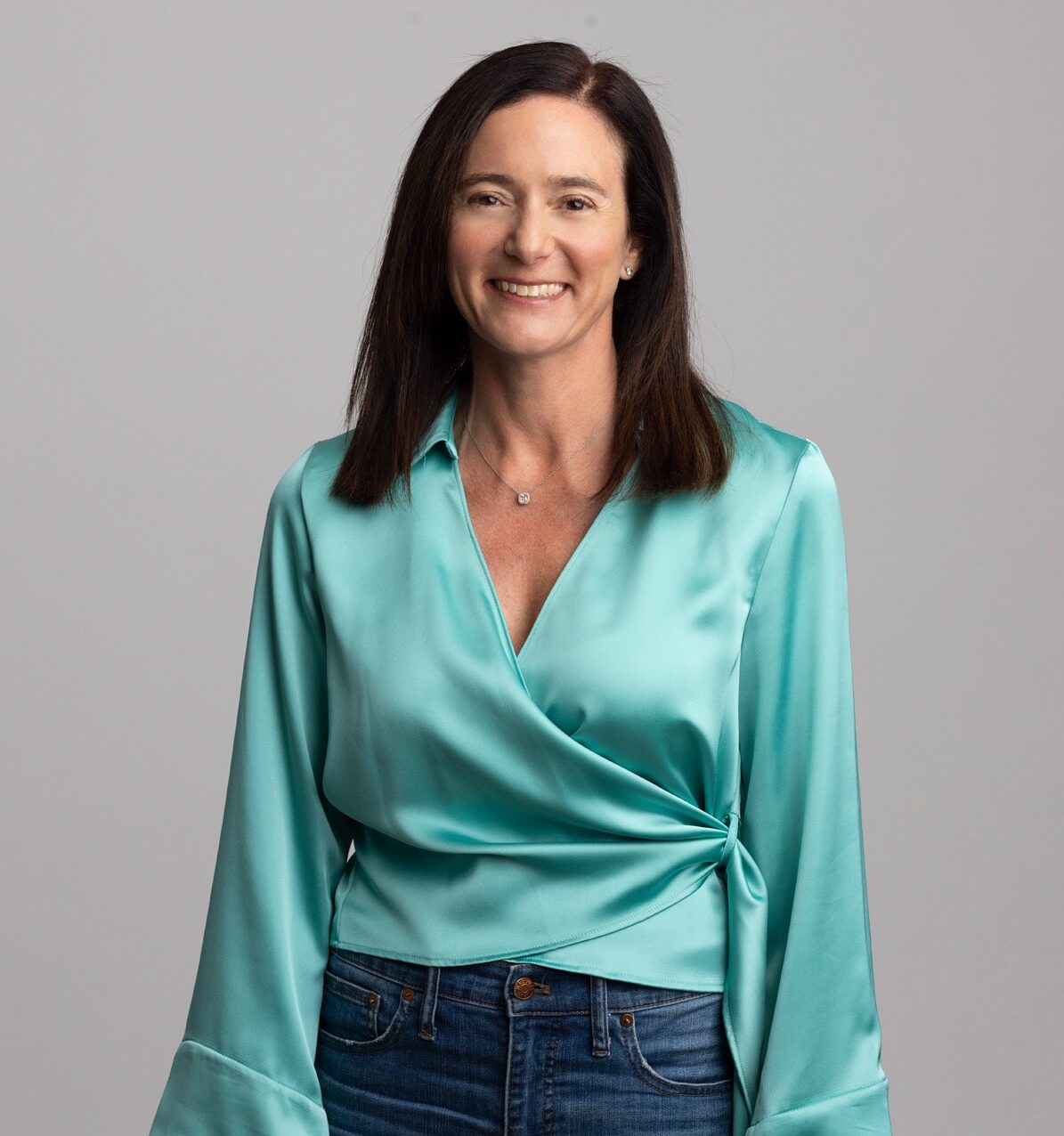Here’s the good news: data released in early 2022 reveals that there are now 627 venture capital and private equity firms that are majority-owned by women. This is an impressive 25 percent jump from the previous year, and positive news for women in private equity.
But here’s the bad news: McKinsey reports that women still comprise just 30-35 percent of the overall PE workforce in America. In other words, we still have a long way to go before we reach true equity. (And the story is the same in venture capital.)
I’m confident that the progress will continue. Why? Because the data is clear: increasing the representation of women in private equity and women in venture capital not only supports equity, but also delivers better financial results. PE committees with at least one woman outperform those composed of only men by an IRR (internal rate of return) average of 12 percent, and 52 percent per dollar invested. The incentives for firms to continue to do better are simply too strong for us not to trend up and to the right.
All that said, I have experienced firsthand the unique challenges that come with being a woman in the private equity world. Over the years, I have spoken with lots of other female leaders in the industry, and reflected on the lessons and insights we’ve shared. Here are some tips that I believe can help the industry become more equitable, and help more women flourish over the long term.
1. Don’t be deterred by your view of traditional finance
One reason we have a shortage of women in venture capital and private equity may be misconceptions about the industry. Don’t be deterred by what you think of traditional investment banking. Venture capital firms focus on new and emerging businesses and spend their time evaluating opportunities not pitching new clients. Investment professionals provide more than capital to help companies grow. For example, at Norwest, we provide relevant domain expertise, a rich network of contacts, and a breadth of services to add value to our companies.
When more women understand that venture capital and investing in general is more dynamic, more person-centered, and more exciting than their impressions of traditional banking – I believe we will continue to see more women in venture capital and investing overall.
2. Find a mentor or sponsor
To elevate to a management role, women in private equity or venture capital should find a mentor who can advise, guide, and help them navigate their career path.
And don’t be afraid to proactively reach out. Veteran private equity recruiter Gail McManus tells women in the industry that mentoring doesn’t have to be formal. Most established women in private equity, all the way up to partners, respond positively to requests for guidance. They are often keen to take up-and-coming female investors under their wings.
That said, remember that your mentor or champion doesn’t have to be a woman. Often, your best ally will be a man – mainly because there are more men in management roles today. Finally, recognize that even with a mentor, you will need to find a champion who is willing to go to bat for you as you move up the ladder. Your champion will be someone within your firm while your mentor may be on the outside.
3. Start early and stick to it
For many women in private equity, venture capital, and growth equity investing, joining a firm at the entry associate level and moving up the ranks is the best way to enter the buy-side world. It is much easier than trying to make the move later in your career.
Indeed, most investment banking firms have an age ceiling for entry-level positions. The estimated cut-off age for analysts is 25, while associate-level roles are limited to 35 and younger.
The logic behind this hiring policy has been that the positions require working long hours on pitch books, financial models, and projections. There’s a lot to learn, and finding that true distraction-free dedication can be a struggle for those in their 40s and 50s.
Private equity and growth equity firms most often are hiring out of these investment banking roles of Analyst and Associate.
On the venture capital side, there are more opportunities for successful entrepreneurs to transition their way into the investing sector – but again, starting early is the best move, and the most guaranteed route to success.
The other bonus of starting early is that the longer your career in private equity or venture capital, the easier it is to come back, should you choose to take a break to start a family. You’ll be at a more senior level at the time you leave.
If you enter early and stick to the private equity career path, I think you’ll find that this is one of the most fulfilling and tangible careers in the financial industry.
4. You CAN have it all
This is one I want to shout from the rooftops. For women who want a career or already have a private equity job, you CAN have it all!
You don’t have to choose between career and family. I’ve met plenty of highly successful women in venture capital and private equity who have young children. I myself have raised a family while maintaining my career. Of course, there are trade-offs, but I have found the fulfilling nature of my work worth it. It is different from being in a client-facing senior role at an investment bank that can be challenging on balance.
5. Support other women walking your path
The private equity career path for women is no cakewalk. Only 10 percent of women in private equity have senior roles. The figure is much lower for women in venture capital: just 4.9 percent.
Alongside burgeoning DEI initiatives and programs, the way we change this is to roll our sleeves up and help one another. Women general partners are two times more likely to invest in female founders than their male counterparts. The old adage that people like to work with people like themselves has some truth in it.
Female business leaders like me often have young women ask us how to get into private equity or venture capital. Maybe as more women join the leadership ranks the question can shift to how can women in private equity and VC help each other succeed?
The more that female executives and investors can help educate, attract and retain qualified female candidates, the more opportunity we’re creating for female partners and women-owned investment firms.
To a brighter, more equal future!


